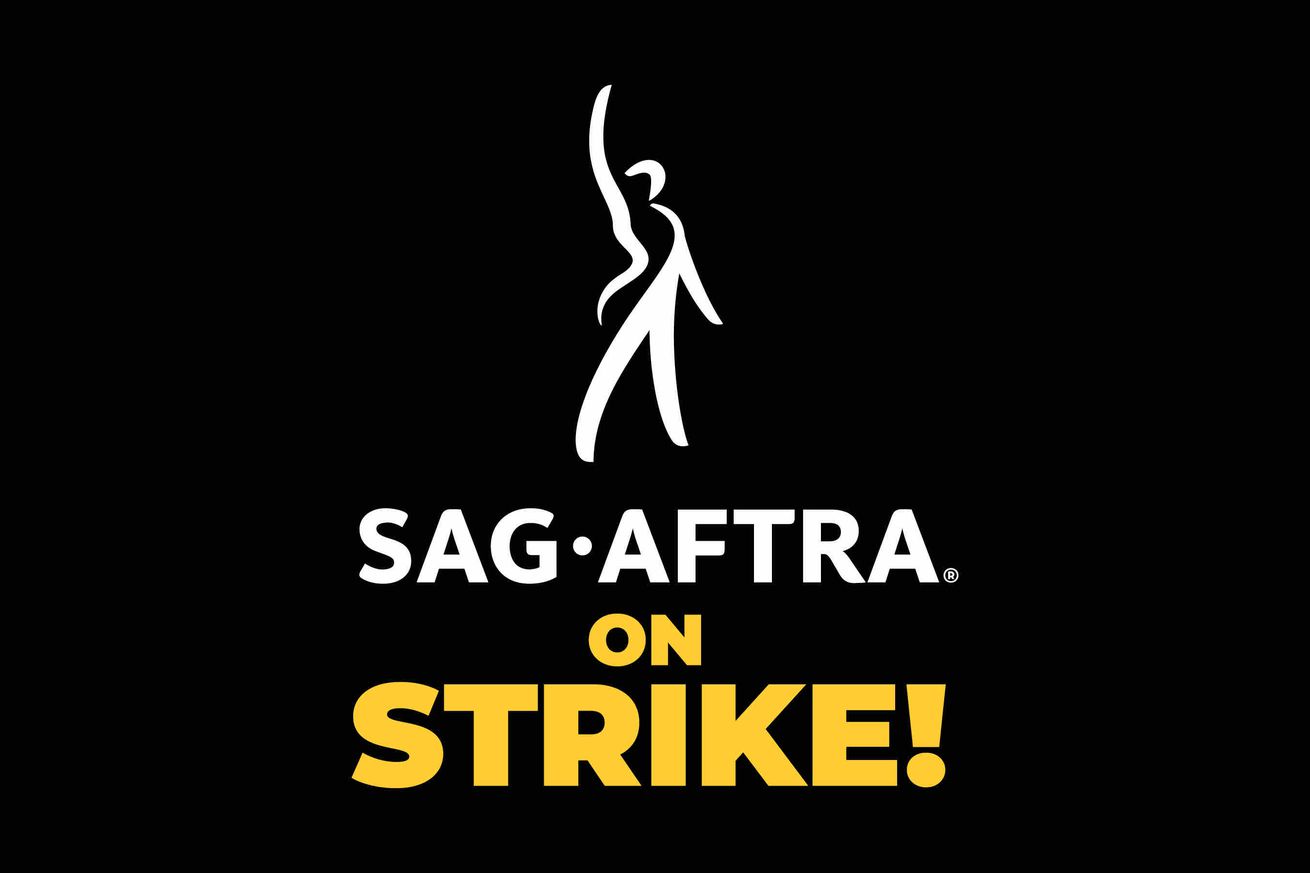
SAG-AFTRA says interim agreements are ‘a vital part’ of its plan to weather Hollywood’s labor strike
When the Screen Actors Guild began giving independently produced projects clearance to continue production during Hollywood’s two ongoing labor strikes earlier this month, there was a sizable amount of confusion about how the process worked and why the union was doing it, given that it had called for an industrywide work stoppage just days earlier. Now, as more people have begun to question the logic behind the interim agreements being granted, SAG-AFTRA says they’re very much a part of its plan to help its members survive a strike that’s already taken some particularly ugly and telling turns.
On Sunday evening, SAG-AFTRA posted a lengthy statement to its website explaining what its interim agreements are and how they’re being handed out to over 100 different indie projects, like The Chosen, is not at odds with the strike because those productions aren’t directly associated with the Alliance of Motion Picture and Television Producers. In addition to stressing that it’s still very much striking against the AMPTP, SAG-AFTRA also insisted that the interim agreements aren’t “waivers” but rather legally binding contracts that adhere to the very same labor terms the union is pushing the studios to agree upon.
“It behooves us to make this strategic move,” the union said. “The Interim Agreement gives many of our journeyman performers and crews the opportunity to pay their rent and feed their families. This approach maintains our strength, solidarity and upper hand with the AMPTP until they yield to the deal we deserve.”
For independent projects to successfully secure one of SAG-AFTRA’s interim agreements during the strike, the production outfits behind them cannot be a part of the AMPTP — the trade association that represents essentially all of the entertainment industry’s big studios. Additionally, productions that receive interim agreements must automatically agree to all of the demands SAG-AFTRA is making of the AMPTP, including significant increases to salary minimums and cutting actors in on 2 percent of the streaming revenue for projects that ultimately end up on services like Netflix and Amazon Prime.
Interestingly, Amazon Prime’s role as the distributor of studio MRC’s G20 from director Patricia Riggen seems to have been one of the bigger contributing factors to actress / producer Viola Davis’ recent decision to step away from the film despite it entering an interim agreement from SAG-AFTRA. Like Davis, a number of other performers, including Bob Odenkirk, Tobias Menzies, and Sarah Silverman, have been similarly voicing concern about the number (and the optics) of productions being given the go-ahead to resume as both SAG and the Writers Guild of America’s strikes continue.
In its statement, SAG-AFTRA acknowledged the concern that its interim agreements could “produce content for struck companies to distribute” but expressed confidence that provisions like the new revenue sharing model “will make distribution of these projects through AMPTP platforms unfeasible.”
“Some have suggested that the Interim Agreement might prolong the strike, but we disagree,” the union said. “We believe the leverage created by increasing competitive pressure on the AMPTP and denying them what they want most will force them back to the table and help bring this strike to an end.”

